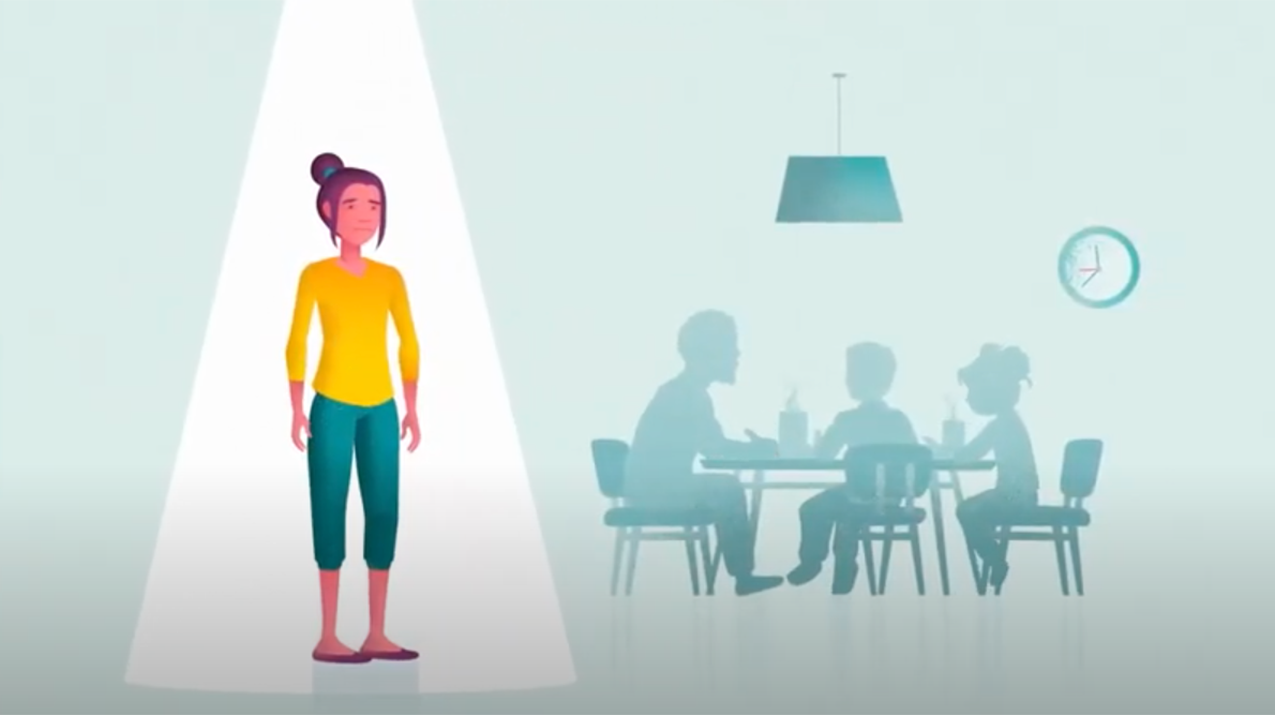Is Enterra Therapy Right for You?
Discover a different kind of treatment
If you’re like many people living with gastroparesis, you’ve tried a number of treatment options—from diet modifications to medications and beyond—and still struggle to find relief. That’s why we developed Enterra® Therapy.
Answer a few questions to see if Enterra Therapy may be right for you.

Are you a candidate?
Answer a few questions to see if Enterra Therapy may help relieve your chronic nausea and vomiting symptoms.
You’re not alone.
Over 15,000 people have received Enterra Therapy to help relieve the nausea and vomiting symptoms of gastroparesis*.
Unlike other advanced treatment options, Enterra Therapy is the first and only device designed to relieve the nausea and vomiting symptoms of gastroparesis. It’s a small, implantable device that gently stimulates your stomach.
Learn more about gastroparesis and Enterra Therapy

The Enterra Therapy difference
Unlike other surgical treatment options, Enterra Therapy is:
Minimally invasive
The Enterra neurostimulator is placed just beneath the skin, usually in the lower abdominal region.
Customizable
Your doctor will non-invasively adjust your system to help find the level of stimulation that’s right for you.
Reversible
If Enterra Therapy needs to be paused or isn’t right for you, your doctor can turn off or remove your system.
Have questions about Enterra Therapy?
Our Enterra Patient Liaisons are trained professionals with healthcare experience. They are here to help answer your questions.*
Monday through Friday
8am to 5pm Eastern Time.
*The information provided on this website is for general educational purposes only and is not a substitute for professional medical advice, diagnosis or treatment. Always talk to your doctor about the best treatment options for your individual situation.
MKT-D-0003, Rev U
IMPORTANT SAFETY INFORMATION
Enterra Therapy for treatment of chronic, resistant to medication nausea and vomiting associated with gastroparesis caused by diabetes or an unknown origin in patients aged 18 to 70 years: patients should always discuss potential risks and benefits of the device with their physician.
*HUMANITARIAN DEVICE
Authorized by Federal law for use in the treatment of chronic intractable (drug refractory) nausea and vomiting secondary to gastroparesis of diabetic or idiopathic etiology in patients aged 18 to 70 years. The effectiveness of this device for this use has not been demonstrated. What does this mean?
